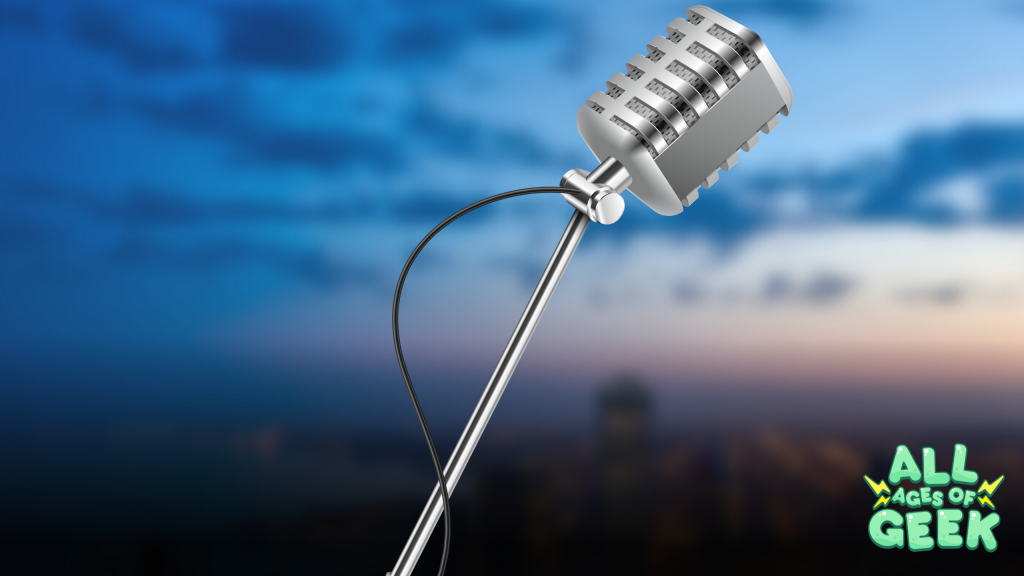There are many nods and head shakes for the topic on voice acting and the use of one’s voice to represent a character in an animated series, video game or audiobook. Many argue that it’s okay for voice actors to take the role of a character that doesn’t physically represent them outside of the recording booth. The problem with this is the lack of respect for the character’s culture, sexuality and the likeness of who they are based on. While this is a topic that many argue against, it’s still an important topic to discuss.
How would you feel if someone were to get into a recording booth and narrate your life and recreate your voice? Or to represent you and get it wrong? Voice acting is an art, but it is also a capture of character. So without defining politics or attempting to argue points for gaining more roles for a reel, let’s just get into this with an unbiased explanation that addresses the importance of proper representation.
Back in the day representation in cartoons was never talked about. To put it simply, no one really discussed it. At all. All that mattered back then was finding a voice for a character so the project would move forward and then air on TV. Voice acting has become so mainstream now thanks to conventions, interviews, social media, streaming services and even entertainment agencies seeking voices for their CGI films and dubbed anime projects. And that’s a good thing. It’s more talent being discovered, more creatives getting to showcase their craft and opening new small or freelance businesses which is always an economic gain for communities on and offline.
Just like any business, voice acting has changed, adapted and went from a private booth to even remote recordings and on the go mobile deliveries directed on Discord. Voice actors utilized their resources and made the business of self promotion, editing, audio engineering and new opportunities thrive, which is good. With this comes new voices being discovered and the important talk of representation.
During the early days no one talked about the proper representation of characters. Now because voice acting has been dubbed as a legitimate career under the entertainment category we need to discuss. Going back to the first question of how would you feel if someone played your part about your life in a movie and got it all wrong, how would you react? It’s how people react when Star Wars characters are written wrong or how the majority hated the How I Met Your Mother finale, so much that the writers had to give an alternative ending. It feels off. It feels tarnished in a way.
The same goes for voice actors and their characters. There are so many roles out there and so many parts to audition for. If let’s say you have an Asian/American character who is LGBTQIA+ but you aren’t. Would you audition? Or would you leave that role for someone who can fully represent that character perfectly while respecting their origins? Some argue that acting is acting and it shouldn’t be taken so seriously to represent life. An argument to counter, series are meant to be believable, but if the proper person doesn’t voice those characters then how is it okay to act as someone else’s culture or likeness? It feels fake, wrong and just disrespectful.
All Ages of Geek had an issue like this when casting for “I Married a Monster on a Hill”. We posted a casting call for our Asian/American, LGBTQIA+ character Thomas on Reddit. A user argued that we would find more talent if we weren’t so specific on who we casted. As firm believers of proper representation in the media, we disagreed with this person, as did many other users. The point was while there weren’t thousands of auditions we took the time to find the perfect actor for the role to properly represent Thomas as not just a character, but as a respectable voice for the Asian/America, LGBTQIA+ audience.
There are many times productions whether by animation or video games seek out voices from bigger names. While it’s great to see your favorite actor voice a new character in a series, it’s also amazing to see some of those actors step back when they think someone else can represent the role better. It’s not a statement of who can do it better, but it’s just a genuine way of saying “I want to respect you. These aren’t my shoes to fill”.
This article is meant to discuss a topic important to All Ages of Geek, but we want to hear from you. What are your thoughts about voice acting and representation? Let us know below.
